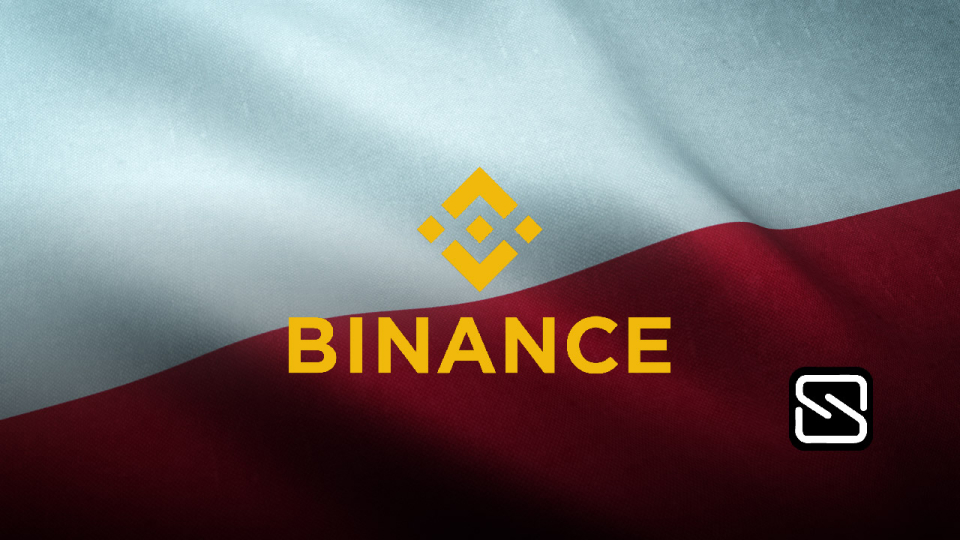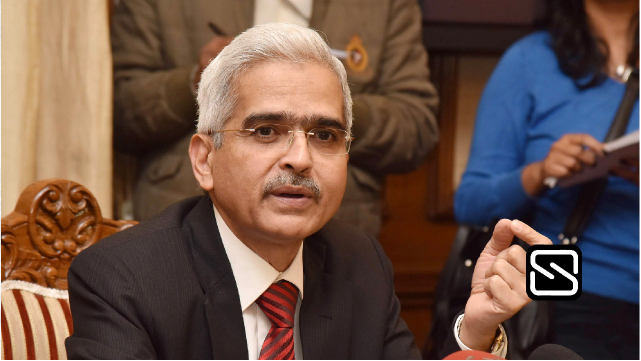Global regulators have undoubtedly become more interested in cryptocurrencies as their popularity has risen. International cryptocurrency exchanges are securing operating permits from regulatory bodies in a number of nations. Regulatory approval is also being given for these exchanges by forward-thinking nations so they can flourish there. For example, crypto exchange, Binance is swiftly establishing its name and user base around the world. 2023 is proving to be a great beginning for Binance, as it recently obtained regulatory approval in Sweden on January 11. Now, according to the details of a new official announcement, the global exchange has been granted a virtual asset provider license in Poland.
“Binance is pleased to announce that it’s enhancing its local presence in Poland, alongside a continued commitment to full regulatory compliance. As always, Binance’s priority is on providing users with the best and safest experience possible. For Binancians in Poland that comes with the knowledge that the services being offered to them are fully compliant with local regulatory standards for virtual asset service providers (VASPs) thanks to Binance Poland sp. z o.o. — Binance’s Polish entity,” the exchange stated in a blog post.
“We welcome the initiatives of the Polish government towards regulation. Working together with regulators globally, we can ensure that consumers are protected while continuing to cultivate innovation and progress. And we at Binance continue improving our security systems and following the strictest KYC requirements in the industry, which enhances the safety of all our users,” the crypto exchange further stated.
With the new approval, Poland has been added to the list of the growing number of EU member states that have provided approval for the exchange. The registration in Poland is additionally followed by the exchange’s registration in Sweden, France, Italy, Lithuania, Spain, Cyprus, and Poland.
Kyrylo Khomiakov, Binance’s Head of Ukraine and Eastern Europe, commented on the new business decision saying, “The crypto industry needs effective and appropriate regulation to help with the mainstream adoption of digital assets. We strongly believe that a stable regulatory environment can support innovation and is essential to establishing trust in the industry and long-term growth.
Katarzyna Wabik, Binance’s Country Manager for Poland, added, “We fully comply with Polish standards for VASPs and make this step to ensure that Binance Poland sp. z o.o. has adopted risk and AML policies to match these exacting standards. Our current focus is the successful user migration to the Polish entity and the development of local operations. We’re also prioritizing local recruitment and talent scouting to help us strengthen our regional presence, organizing more events and delivering crypto education in Poland.”
Binance also emphasized that there are already roles available dedicated solely to the Polish entity, as part of its commitment to expanding local operations within the country. Specifically, within compliance, finance, and operations.









